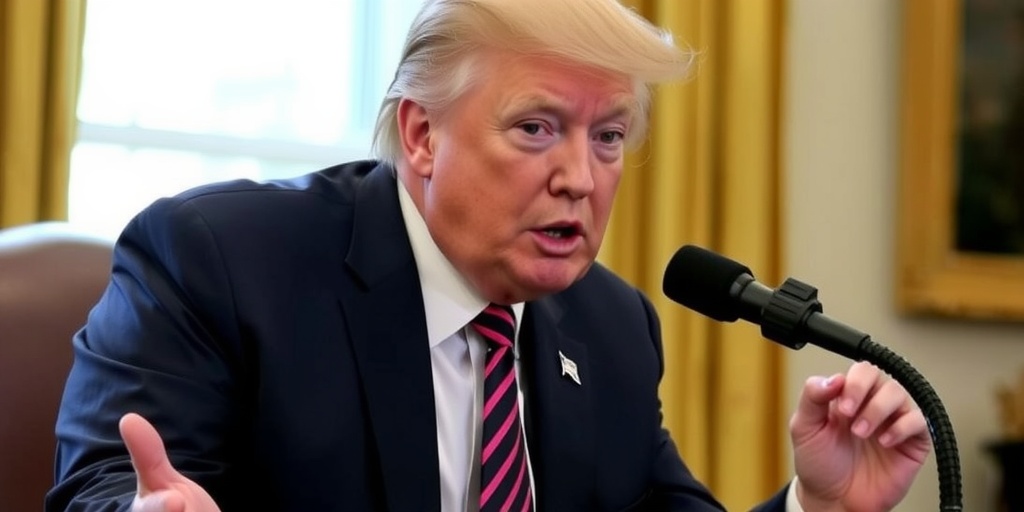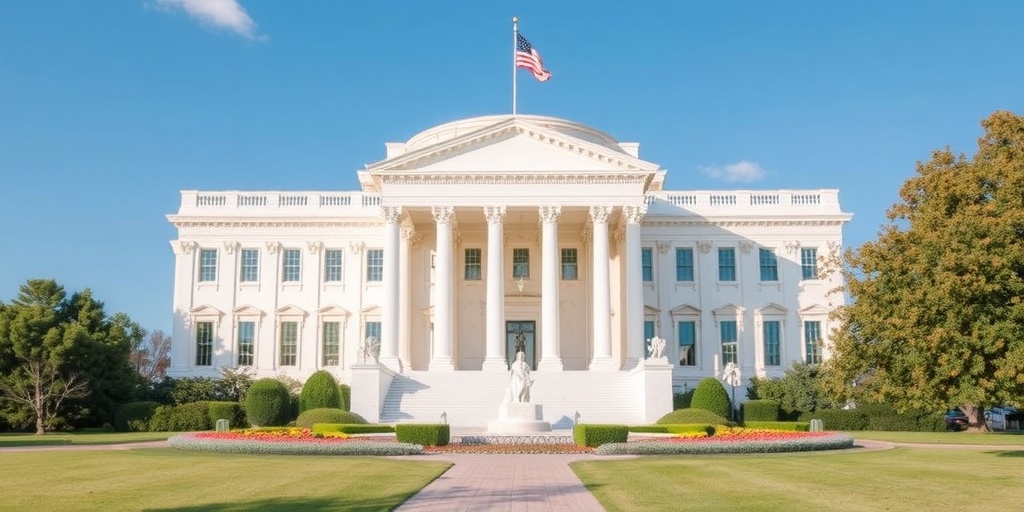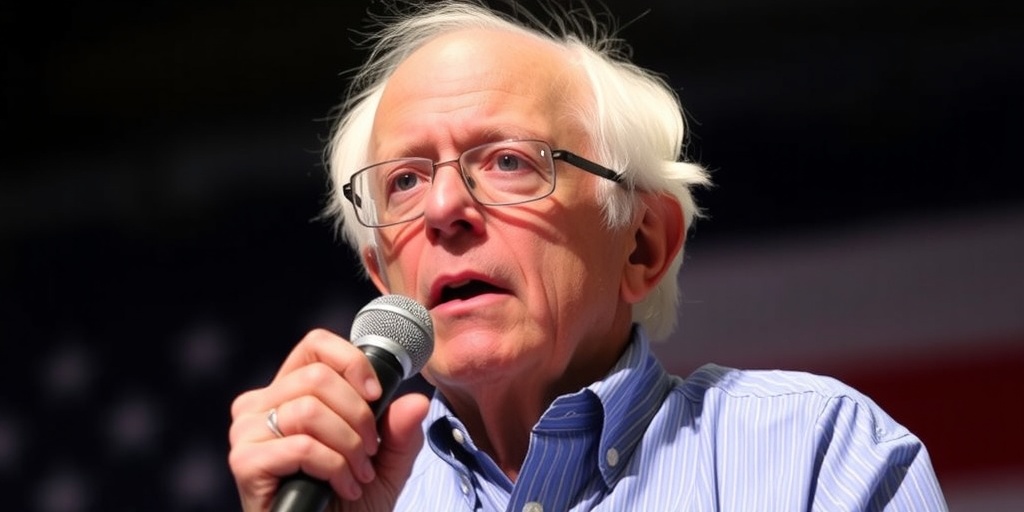Now Reading: Trump’s Most Disliked Judge Has Powerful Allies
-
01
Trump’s Most Disliked Judge Has Powerful Allies
Trump’s Most Disliked Judge Has Powerful Allies

The Judicial Connection: Exploring the Friendship and Professional Overlap Between Judges Boasberg and Kavanaugh
Before ascending to their prominent roles on the federal judiciary, James Emanuel Boasberg and Brett M. Kavanaugh were not just classmates at Yale Law School; they were also housemates in an off-campus townhouse, fostering a friendship that remains strong today. Their relationship is built upon several key parallels: both hailing from families of legal professionals, attending prestigious private high schools in Washington — Kavanaugh at Georgetown Preparatory and Boasberg at St. Albans — and eventually becoming Yale graduates. Their judicial paths also intersected as both were appointed to the bench by President George W. Bush and they served concurrently for over seven years at the E. Barrett Prettyman U.S. Courthouse in Washington, D.C.
Classmates from Yale recall that the two judges share much in common. Amy Jeffress, an alumna of the same law school, emphasized how their friendship has grown over the years, noting that Boasberg, often referred to as "Jeb," is recognized for his moderate stance and conscientious approach to jurisprudence. He has earned significant respect within the conservative legal community, including from Kavanaugh, now an associate justice of the Supreme Court.
In a twist of political fate, while Kavanaugh ascended to the Supreme Court in 2018 under President Trump’s administration, Boasberg’s judicial conduct came into the spotlight last month when Trump publicly criticized him. This followed Boasberg’s ruling that temporarily halted the administration’s attempts to utilize the Alien Enemies Act — a wartime law — to deport individuals accused of gang affiliations in Venezuela. Trump labeled Boasberg a "Radical Left Lunatic," igniting scrutiny over the judiciary’s independence amidst heightened tensions.
As discussions surrounding the judges unfold, legal professionals and court observers express surprise at Trump’s targeting of Boasberg, who is perceived as a moderate among the 635 trial court judges on the federal bench. Former judge Thomas B. Griffith, who served for 15 years on the U.S. Court of Appeals for the D.C. Circuit, emphasized that while there may be differences in legal interpretation, Boasberg exemplifies the attributes of an impartial adjudicator striving to apply the law rigorously and fairly.
At a recent court session, Boasberg indicated that he would soon make a ruling concerning whether the administration violated his order prohibiting the deportation of approximately 100 Venezuelan nationals. This case exemplifies the escalating conflict between judicial oversight and executive authority, highlighting the ongoing constitutional dialogue in the nation.
Reflecting on Boasberg’s character, Kenneth Christmas, a former housemate, explained that those who know him would contest Trump’s label as a radical. Christmas detailed the similarities that stretch beyond their professional backgrounds, stating, “In our group, they are the ballast. They both stand their ground. They have a viewpoint, but they are eager to hear what the other side has to say.”
Long-standing friendships formed during their law school years have endured, with members of their friend group — humorously referred to as the "cubs" — holding annual reunions to support each other. Notably, the group has been through significant events together, including Kavanaugh’s wedding at the White House in 2004, showcasing the personal ties that intertwine with their professional lives.
Throughout his judicial career, Judge Boasberg has shown an impressive trajectory, earning nominations from both Democratic and Republican presidents. He was first nominated by George W. Bush to serve on the D.C. Superior Court in 2002 and later reached the Federal District Court after being nominated by Barack Obama in 2011, garnering a remarkable 96-0 Senate confirmation.
Since 2014, Boasberg has served on the Foreign Intelligence Surveillance Court, known for its secretive operations regarding government wiretaps. He was later appointed chief judge of the D.C. district court, where he has continued to navigate high-profile cases with careful deliberation and fair-mindedness.
Among his noteworthy decisions, Boasberg ruled in notable cases affecting Trump, including directing the State Department to disclose emails from Hillary Clinton during the 2016 election campaign and later blocking the release of Trump’s tax returns, reinforcing the principle that such matters should be governed by legal protocols rather than political pressure.
In the current legal climate, where tensions between the judiciary and executive branch are palpable, critics of Trump have observed that the former president’s attacks on judges, including Boasberg, reflect a broader strategy to intimidate the judiciary. This situation poses pressing questions regarding the integrity and autonomy within the judicial system, particularly in how courts uphold the law in a politically charged environment.
As presiding judge on the FISA court, Boasberg dealt with serious implications concerning the FBI’s surveillance practices, prompting strict measures to refine oversight processes. Looking ahead, he is set to tackle high-stakes antitrust cases against Meta Platforms and significant inquiries into the conduct of top Trump administration officials, solidifying his role as a pivotal figure in the ongoing judicial discourse.
In summary, the intertwined fates of Judges Boasberg and Kavanaugh illustrate a complex landscape of friendship, professional respect, and the significant pressures facing the judiciary today. As legal and political challenges unfold, the actions of judges like Boasberg will continue to be closely watched, shaping the future of American law and governance.
Stay Informed With the Latest & Most Important News
Previous Post
Next Post
-
 01New technology breakthrough has everyone talking right now
01New technology breakthrough has everyone talking right now -
 02Unbelievable life hack everyone needs to try today
02Unbelievable life hack everyone needs to try today -
 03Fascinating discovery found buried deep beneath the ocean
03Fascinating discovery found buried deep beneath the ocean -
 04Man invents genius device that solves everyday problems
04Man invents genius device that solves everyday problems -
 05Shocking discovery that changes what we know forever
05Shocking discovery that changes what we know forever -
 06Internet goes wild over celebrity’s unexpected fashion choice
06Internet goes wild over celebrity’s unexpected fashion choice -
 07Rare animal sighting stuns scientists and wildlife lovers
07Rare animal sighting stuns scientists and wildlife lovers





















